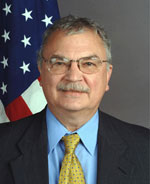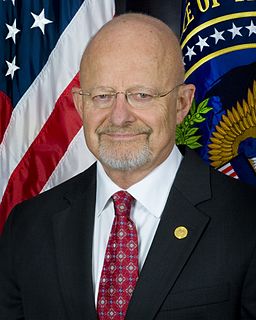A Quote by Henry A. Kissinger
The challenge is whether China as a rising country, the United States as the superpower, can develop a cooperative relationship in this period before nationalism becomes so dominant in China as a substitute for communism, and a kind of self-righteous isolationism in this country that substitutes China for the Soviet Union.
Related Quotes
My nation faces a fundamental challenge - survival. The regime is more threatened than ever before. My forefathers had it easy. The Great Leader, my grandfather, ruled with the support of the world's other superpower at the time, the Soviet Union, as well as our China. But today, the Soviet Union is history and China has become more integrated with the Western system. And the United States seeks regime change in my country. And yet, we have survived with our ideology and system intact. How? Because we have built a protection for ourselves in the form of nuclear weapons.
When China got into the WTO, that allowed it to sell into any other country within the WTO - not just the United States - at the lowest tariffs that country offered. And the other countries could sell into China at the lowest tariffs that China offered. The problem, right off the bat, was that China had much higher tariffs than everywhere else, so the U.S. and Europe in particular got the short end of that stick.
China, the world's most populous country, 1.3, 1.4 billion people, will in the next decade or so have to begin looking for people outside of China.What does this mean? China will have to become a much more welcoming society. It means that China will have to attract immigrants from other countries in order to slow the aging of the population.
Obviously, what's happening in China right now is crucial, in the party congress, which as someone said has anointed a new emperor of China in President Xi. So there's the rise of China, and their active involvement in the United States internally in our business and financial realms. That certainly bears watching.































